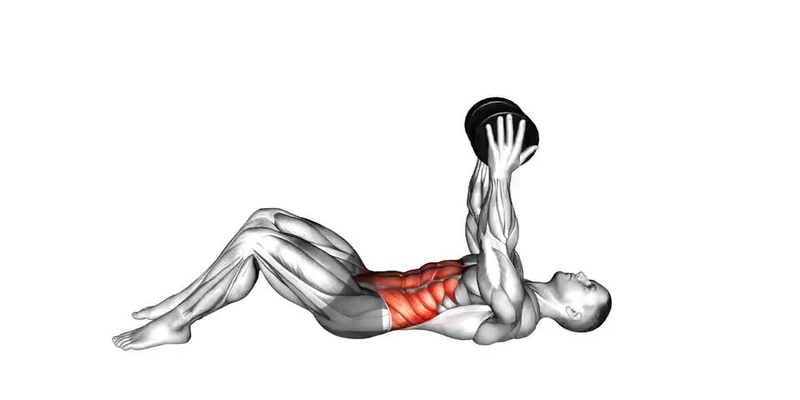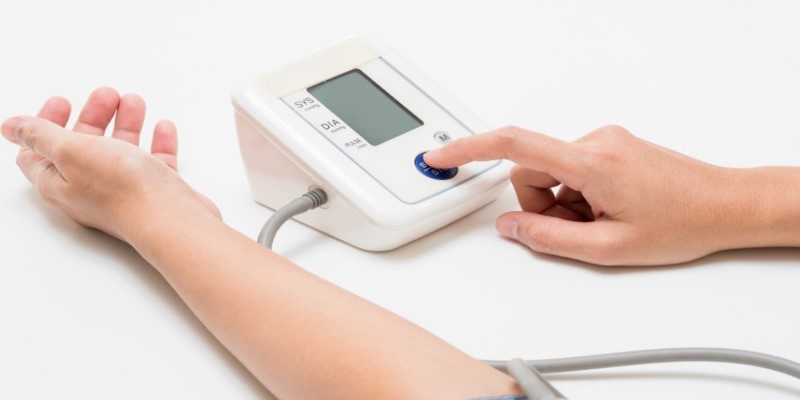High blood pressure, often referred to as hypertension, affects millions of people worldwide. It is a medical issue that might not always show clear symptoms, but it can lead to severe health complications if left unmanaged. While it's common to think of blood pressure as a simple number, it's actually a key indicator of how hard your heart is working to move blood through your arteries.
Understanding high blood pressure, how it is diagnosed, and how to treat and prevent it is essential for long-term health. In this article, we will discuss the causes of high blood pressure, how it is identified, and the methods available to manage and prevent it.
Blood pressure measures the force of blood pushing against the walls of your arteries as your heart pumps. It's expressed with two numbers: systolic pressure (the pressure when your heart beats) and diastolic pressure (the pressure when your heart rests between beats). A normal blood pressure reading is generally around 120/80 mmHg.
High blood pressure, or hypertension, occurs when these numbers consistently exceed the normal range. The condition can develop slowly over many years, and without clear symptoms, it is often called the "silent killer." If left untreated, high blood pressure can damage the heart, kidneys, blood vessels, and other organs.
High blood pressure, also known as hypertension, is a common condition that can lead to serious health problems if left unmanaged. Understanding its causes and how it's diagnosed is crucial for effective treatment and prevention.
The causes of high blood pressure can be divided into two categories: primary (essential) hypertension and secondary hypertension. Primary hypertension, which is more common, develops gradually over time with no identifiable cause. It is linked to lifestyle factors such as diet, lack of physical activity, and obesity, as well as age and genetic factors.

Secondary hypertension, on the other hand, is caused by an underlying condition. Common causes of secondary high blood pressure include kidney disease, hormonal disorders like hyperthyroidism, certain medications, or the use of drugs such as amphetamines or cocaine. This type of hypertension tends to appear more suddenly and may be more severe than primary hypertension.
The diagnosis of high blood pressure is relatively straightforward, but it usually requires multiple readings over a period of time. A doctor will take your blood pressure using a cuff placed around your arm. Blood pressure is considered high if the readings are consistently above 130/80 mmHg. There are different stages of hypertension based on the severity of the readings:
Stage 1 Hypertension: Blood pressure ranges from 130-139/80-89 mmHg.
Stage 2 Hypertension: Blood pressure is 140/90 mmHg or higher.
Hypertensive Crisis: This is an emergency where blood pressure exceeds 180/120 mmHg, requiring immediate medical attention.
Doctors may also recommend blood tests, urine tests, or other assessments to rule out secondary causes or to check for damage to organs like the kidneys and heart.
Managing high blood pressure typically involves lifestyle changes and, if needed, medications. The goal is to reduce blood pressure to a safe level and avoid complications like heart disease, stroke, and kidney damage.
Diet is crucial in managing blood pressure. Eating more fruits, vegetables, whole grains, and lean proteins while cutting down on sodium can significantly help. The DASH diet is designed to lower blood pressure by emphasizing low sodium, high potassium, and magnesium intake.
Regular exercise is also important. Aim for at least 150 minutes of moderate activity weekly, such as brisk walking or cycling. This helps strengthen the heart and improve blood flow. Weight management is another key factor; maintaining a healthy weight reduces strain on the heart and aids in blood pressure control.
Stress management is also essential. Chronic stress can lead to temporary spikes in blood pressure and contribute to unhealthy behaviors. Techniques like mindfulness and deep-breathing exercises can help manage stress and promote overall health.
When lifestyle changes aren't enough, medications may be prescribed.
Preventing high blood pressure involves adopting a healthy lifestyle and being mindful of risk factors. While some risk factors like age and genetics cannot be controlled, making positive lifestyle choices can significantly reduce the likelihood of developing hypertension.
Maintain a Healthy Diet: Focus on a balanced diet rich in fruits, vegetables, whole grains, and lean proteins. Reducing sodium and saturated fats can help keep blood pressure within a healthy range.
Exercise Regularly: Adding physical activity into your daily routine. Activities such as walking, swimming, and cycling can strengthen your heart and improve overall cardiovascular health.

Manage Stress: Find healthy ways to cope with stress through relaxation techniques, hobbies, and spending time with loved ones.
Monitor Blood Pressure: Regularly check your blood pressure, especially if you have a family history of hypertension or other risk factors. Early detection can lead to timely intervention.
Avoid Tobacco and Limit Alcohol: Smoking and excessive alcohol intake can raise blood pressure. Quitting smoking and drinking alcohol in moderation can help maintain healthy blood pressure levels.
Regular Health Check-ups: Routine visits to your healthcare provider can help catch any early signs of high blood pressure and ensure that you are following an appropriate health plan.
High blood pressure is a serious but manageable condition that can affect anyone. Understanding its causes, getting regular checkups, and making lifestyle changes are key to managing it effectively. Whether you have primary hypertension with no clear cause or secondary hypertension due to an underlying condition, there are many ways to control it and maintain a healthy life.
The most important step is to take control early, stay informed, and make health-conscious decisions that prevent complications down the road. In doing so, you give your heart and your body the best chance to stay strong and healthy for years to come.

By Aldrich Acheson/Oct 24, 2024

By Juliana Daniel/Sep 26, 2024

By Juliana Daniel/Sep 25, 2024

By Triston Martin/Sep 07, 2024

By Elva Flynn/Oct 31, 2024

By Verna Wesley/Sep 25, 2024

By Christin Shatzman/Sep 25, 2024

By Aldrich Acheson/Sep 25, 2024

By Madison Evans/Sep 21, 2024

By Celia Shatzman/Sep 21, 2024

By Susan Kelly/Sep 25, 2024

By Noa Ensign/Sep 20, 2024